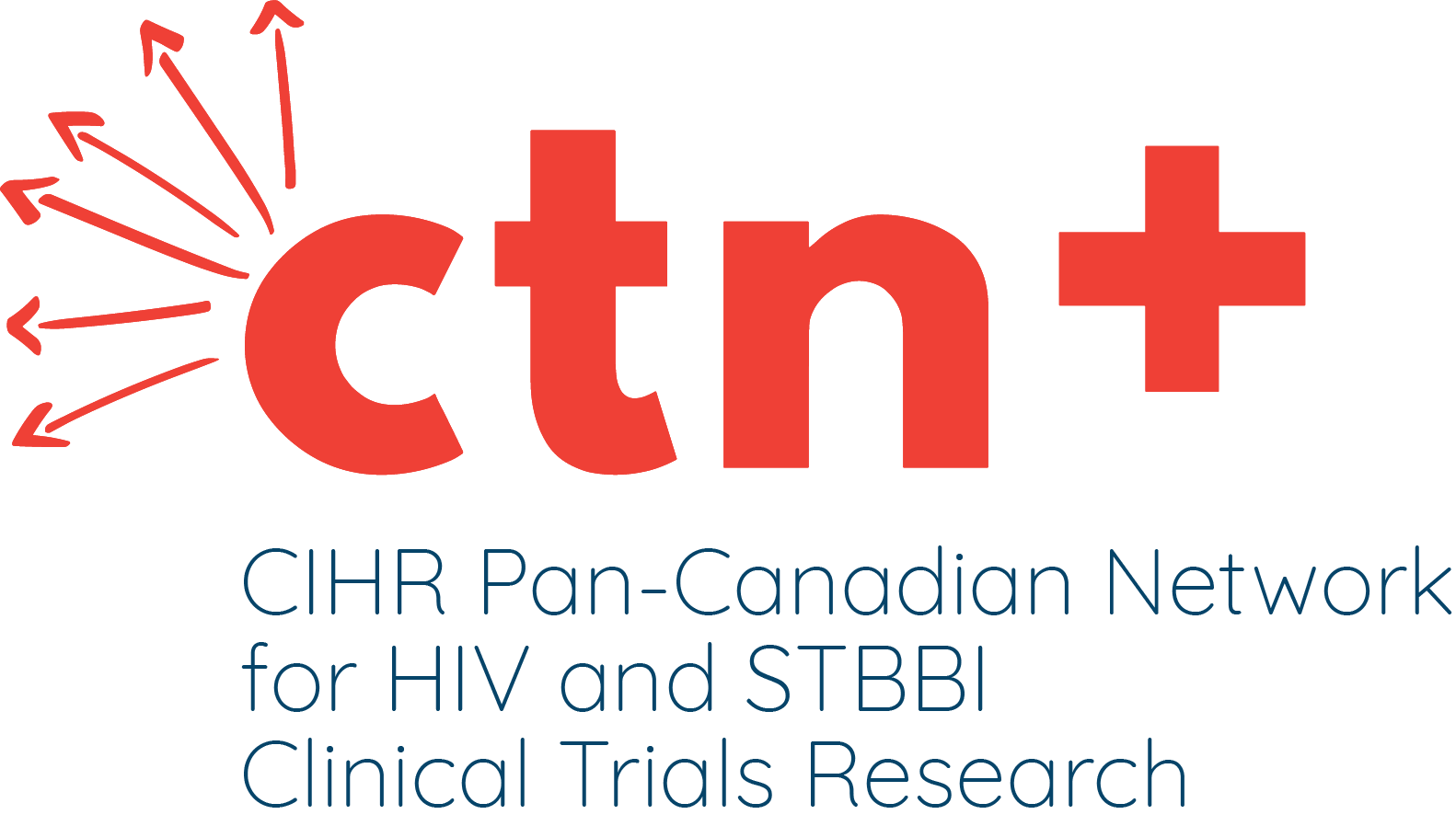The TriiAdd study (CTN 286) will test to see if using a new single tablet regimen called Triumeq combined with adherence counseling support can improve adherence and virologic suppression for people living with HIV.
Over the last decade treatment for HIV has improved significantly, with more and more options available, but even the best treatments lose effectiveness without adherence.
“Close to 30 per cent of Canadians living with HIV who have prescriptions for HIV medications, struggle with adherence: starting, stopping and switching treatments frequently,” says principal investigator Dr. Marina Klein. This means they are unable to consistently suppress the virus, leading to increases in health complications, risk of transmission, cost to the health care system, and morbidity.
The factors that contribute to poor adherence are complex and can include the impact of stigma and discrimination, financial and food insecurity, mental illness, side effects and a lack of perceived benefits of treatment. Cross-Canada data shows that factors associated with poor adherence are most acute among people who inject drugs, people from ethno-cultural communities and Aboriginal people in Canada.
“We have done a lot preliminary work with community groups to try and reach out to key populations that are struggling. We want to meet people where they are at and work together to improve health,” says Dr. Klein.
TriiAdd study researchers are looking to recruit 100 participants from 10 CTN-affiliated sites across Canada. People living with HIV who are 18 years old or older and have documented evidence of non-adherence and poor virologic control are eligible. Participants will be randomized in a one-to-one fashion to the experimental arm receiving an immediate switch to the Triumeq tablet, combined with adherence support, or to the control arm continuing on with the currently prescribed combination antiretroviral therapy (cART) regimen with adherence support. People initially randomized to the control arm will be offered the possibility of switching to Triumeq after 24 weeks.
“This large Canadian multi-site study funded by ViiV Healthcare represents a step forward in developing individualized HIV care in Canada and also stands as a model for how we can work together with industry partners,” says Dr. Aslam Anis, CTN National Director.
At the final contracting stages as we go to press and with Jonathan Roger as new study coordinator, the research team is currently conducting site feasibility assessments. They aim to start recruitment early this summer.







